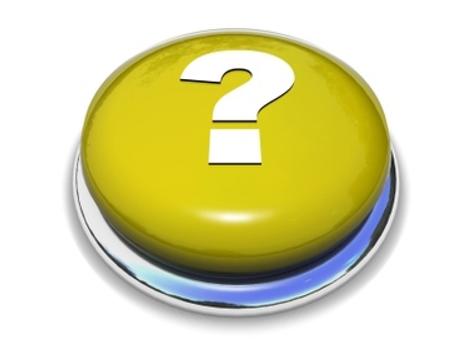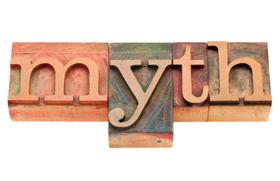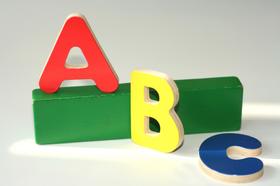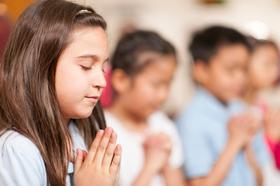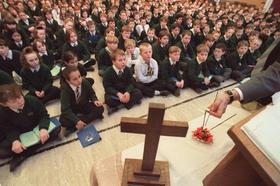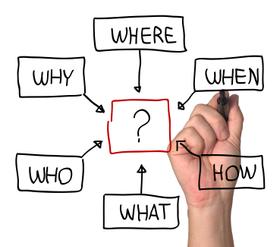Do you prefer to peruse a book rather than going online to find private schools? If so, there are some excellent guides to private schools available. While most of the information contained in these guides can be found online, the truth is that most of us do not have the time nor the expertise to do all that research involved. If you are beginning a serious search for private schools for your children, then buy one of these guidebooks. Use it as a reference tool.
Besides the cost factor, the only real disadvantage to this method of researching schools is that the information is frequently out of date.
- Applying to Private Schools in NYC
- The Manhattan Directory of Private Nursery Schools, 6th Ed.
- The Manhattan Family Guide to Private Schools and Selective Public Schools, 5th Ed.
- Private Independent Schools 2007
- The Kindergarten Wars
- The Parent's Guide to Private Schools in Hawaii: Oahu
- The Whitney Guide To Los Angeles Private Schools
- Private K-8 Schools of San Francisco & Marin
- Private High Schools of the San Francisco Bay Area
- Georgia Irvin's Guide to Schools, 2nd Edition: Metropolitan Washington










